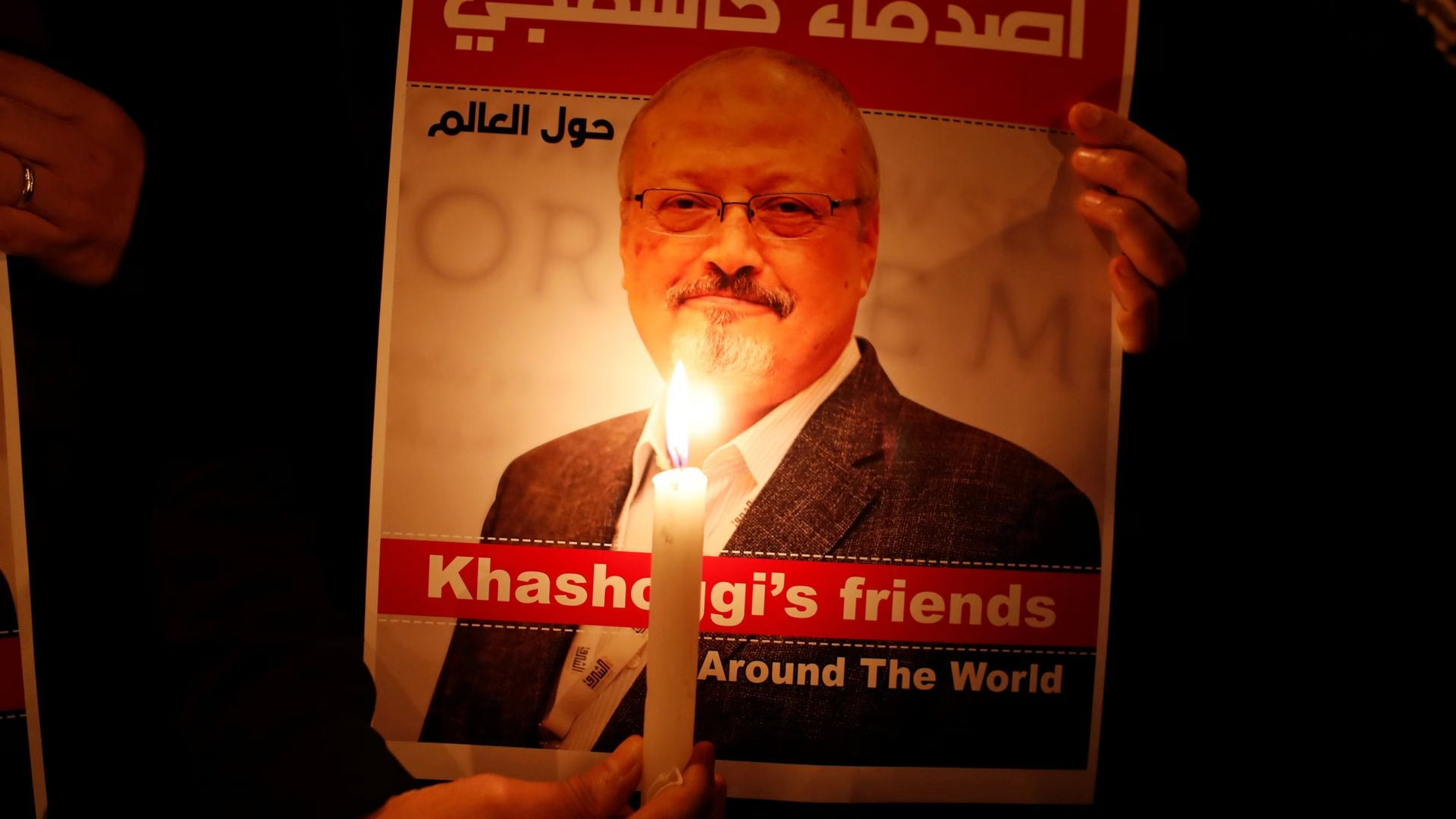
Erika Kirk stepped to the podium at State Farm Stadium on Sunday, September 21, her voice steady despite the tears tracing her cheeks, as 100,000 mourners filled the arena and more in overflow venues. The widow of conservative activist Charlie Kirk, slain 11 days earlier by a gunshot during a campus speech in Utah, began with a message that hushed the vast crowd: forgiveness. “That man, that young man, I forgive him,” she said of the accused shooter, Tyler Robinson, a 22-year-old charged with first-degree murder.
“I forgive him because it was what Christ did and it is what Charlie would do.” Her words, drawn from the Christian ethos her husband championed, rippled through the stadium, where screens broadcast the scene to an additional 20,000 at the nearby Desert Diamond Arena.
Leaning on the memory of her marriage, she spoke to men. “To all the men watching around the world, except Charlie’s challenge and embrace true manhood. Be strong and courageous for your families, love our wives and lead them. Love your children and protect them, be the spiritual head of your home, but please be a leader worth following. Your wife is not your servant, your wife is not your employee, your wife is not your slave, she is your helper. You are not rivals. You are one flesh working together for the glory of God,” he voiced with piercing words as the vast audience listened.
“I was Charlie’s confident… I was his closest and most trusted advisor, his best friend. I poured into him and loved him so deeply. I empowered him because his love for me drove me to be a better wife. Everyday he honored me and I prayed that I could be the wife that God needed me to be for my husband.”
Mrs. Kirk also spoke to women around the world. “Women I have a challenge for your too. Be virtuous. Our strength is found in God’s design for our role. We’re the guardians, we’re the encouragers, we’re the preservers. Guard your heart; everything you do flows from it. And if you’re a mother please recognize that is the single most important ministry you have.” The stadium, a sea of American flags and flickering phone lights, erupted in sustained applause, a testament to the raw humanity amid the grief.
Charlie Kirk’s life, cut short at 31, had long intertwined political activism with evangelical fervor, but his death—confirmed by Turning Point USA in a statement on September 10 and echoed by President Donald Trump on Truth Social—has catalyzed what many attendees described as a profound spiritual awakening.
As founder of Turning Point USA in 2012, Kirk mobilized young conservatives through campus chapters, debates, and events like the Student Action Summit, often weaving biblical references into calls for limited government and traditional values. His “American Comeback Tour,” where he was killed, emphasized family, faith, and patriotism. In the wake of his martyrdom—as speakers repeatedly framed the assassination—reports from evangelical organizations like the Family Research Council noted a 40% spike in inquiries about Bible studies and church attendance among 18- to 35-year-olds since September 10, attributing it to Kirk’s example of unyielding conviction.
Attendees shared stories of recommitting to faith, with one Phoenix pastor telling reporters, “Charlie’s blood has watered seeds we didn’t know were there.”
The memorial itself, organized by Turning Point USA with White House coordination for security, blended worship songs by artists like Brandon Lake, Chris Tomlin and Kari Jobe with tributes, transforming a sports venue into a makeshift cathedral of revival.
Tucker Carlson, the former Fox News host and Kirk confidant, took the stage amid swelling hymns, his voice cracking as he recounted their shared conversations on faith’s role in public life. “He was bringing gospel to our country,” Carlson said, pausing to compose himself. “There was no hate in his heart—only a burning desire to see souls awakened.”
He described Kirk’s campus talks not as rallies but as “revivals disguised as debates,” where students encountered scripture amid policy critiques. Carlson linked Kirk’s death to a broader cultural shift: “In killing Charlie, they tried to silence a prophet, but instead, they’ve unleashed a movement where thousands are turning to Christ, saying, ‘If faith cost him his life, what am I willing to give?’”
His remarks, delivered with the intensity of a sermon, drew cheers and amens from the crowd, underscoring how Kirk’s martyrdom had amplified his message of Christian nationalism as a bulwark against secularism.
Stephen Miller, White House deputy chief of staff, followed with a fiery oration that evoked the Psalms, positioning Kirk as a cornerstone of enduring legacy. “You are nothing,” Miller declared to the “enemies” he accused of fostering division. “We are the builders—the unshakeable foundations Charlie helped lay for faith and freedom.”
He wove Kirk’s story into a narrative of spiritual resilience, noting how Turning Point’s growth—from a handful of chapters to over 3,500+ campuses nationwide, and 54,000 requests since his death—mirrored the early church’s expansion amid persecution. “The day that Charlie died, the angels wept,” Miller intoned earlier in his speech, but added that heaven now celebrated the “harvest of souls” his death had sown.
For Miller, Kirk’s influence represented a revival not just political, but theological, urging the administration to embed Christian principles deeper into policy. Vice President JD Vance, a Catholic convert whose own rise Kirk had championed, delivered a poignant eulogy that framed the event as a turning point for American Christianity. “Charlie was a martyr for the Christian faith,” Vance said, his tone blending defiance and devotion.
He credited Kirk with reshaping politics through faith, saying, “He built an organization that reshaped the balance of our politics,” and revealed a personal shift: “Because of Charlie, I have talked more about Jesus Christ the past two weeks than I have my entire time in public office.”
Vance extolled Kirk’s fusion of Socratic inquiry and biblical truth—”He was Athens and Jerusalem; the city of reason and the city of God in one person”—and called on attendees to honor him by prioritizing family as “the highest calling, far more important than any job or educational credential.” His words resonated as a call to revival, with Vance vowing, “We’ve got it from here,” to continue Kirk’s work of drawing youth to Christ amid cultural battles.
President Donald Trump closed the program with a 45-minute address that veered from eulogy to rally cry, yet wove in repeated invocations of Jesus Christ, aligning the administration’s voice with the faith Kirk embodied. “Charlie was a missionary with a noble spirit and a great, great purpose,” Trump said. “He did not hate his opponents. He wanted the best for them.”
Diverging briefly, he added, “That’s where I disagreed with Charlie. I hate my opponent. And I don’t want the best for them,” before shrugging an apology to Erika Kirk onstage. Trump hailed Kirk as a “martyr for American freedom,” the bullet “aimed at all of us,” and proclaimed, “In Jesus Christ’s name, we will fight on—stronger, bolder, with faith as our shield.”
Embracing Erika afterward as “America the Beautiful” played, he praised her resolve: “She’s very smart… She’s going to do good,” taking over Turning Point USA.
Trump’s remarks, laced with scriptural nods, capped a service where he and his Cabinet—Rubio, Hegseth, Kennedy, Gabbard—openly professed Christ, signaling a unified front for faith-driven governance. Other speakers, including Secretary of State Marco Rubio, who likened Kirk to biblical prophets; Defense Secretary Pete Hegseth, who dubbed him a “warrior for Christ”; Health and Human Services Secretary Robert F. Kennedy Jr., who reflected on assassination’s toll through his family’s lens; Director of National Intelligence Tulsi Gabbard, who spoke of spiritual unity; White House Chief of Staff Susie Wiles; Donald Trump Jr.; and faith leaders like Sergio Gor, collectively emphasized Kirk’s role in bridging politics and piety.
Their tributes, spanning 90 minutes, painted Kirk as a catalyst for renewal, with Rubio urging, “Like Jesus, he turned water into wine—apathy into action.” Hegseth invoked military metaphors for evangelism, while Kennedy and Gabbard stressed healing through prayer.
The even came to a close with collective recitation of the Lord’s Prayer, and the gathering dispersed not in despair, but with a palpable sense of purpose, phone screens aglow with downloaded Bible apps—a quiet measure of the revival Kirk’s death had kindled.
British Caribbean News


